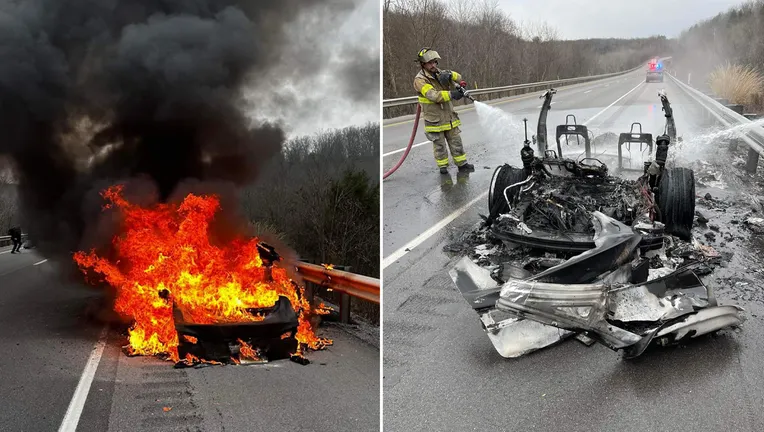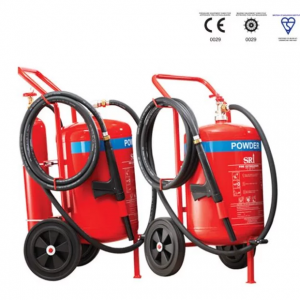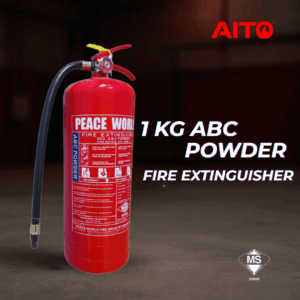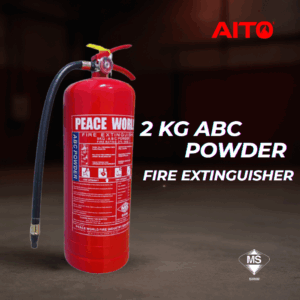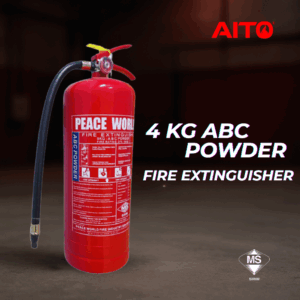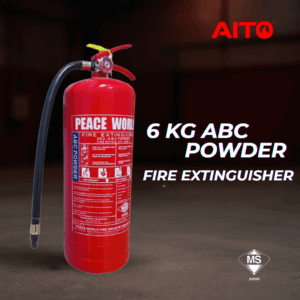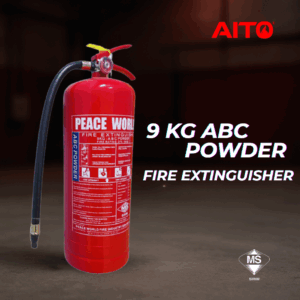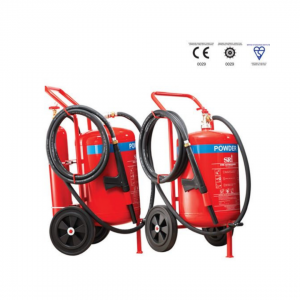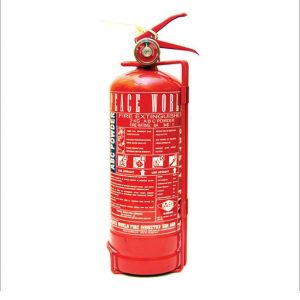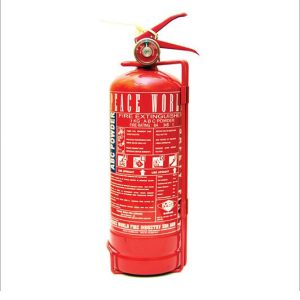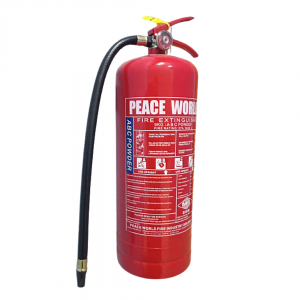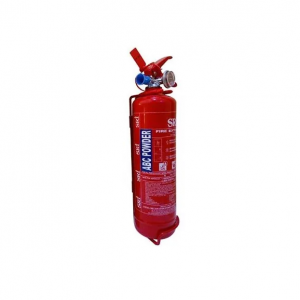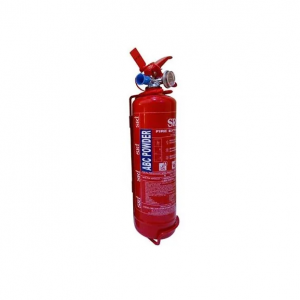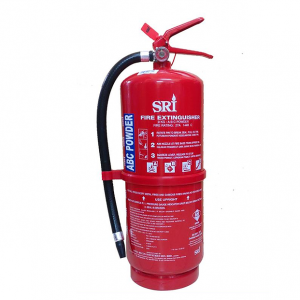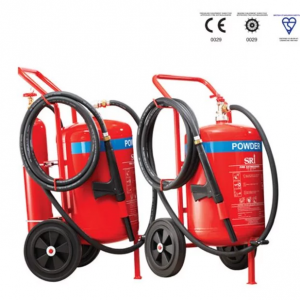Why Lithium Ion Battery Fires Are So Hard to Extinguish
Lithium-ion batteries are a popular choice for powering a wide variety of devices, from laptops and smartphones to electric vehicles. However, these batteries also pose a fire risk. In fact, lithium-ion battery fires can be very difficult to extinguish, and they can often cause significant damage.
There are a few reasons why lithium-ion battery fires are so hard to put out.
- Lithium is a highly reactive metal. When lithium comes into contact with oxygen, it can ignite and start a fire.
- The electrolytes inside lithium-ion batteries are flammable. These electrolytes are a mixture of lithium salts and organic solvents. When they are heated, they can decompose and release flammable gases.
- Lithium-ion batteries are often enclosed in tight spaces. This makes it difficult for firefighters to access the fire and put it out.
- Lithium-ion battery fires can produce toxic fumes. These fumes can be harmful to breathe in, and they can also make it difficult for firefighters to see and work.
As a result of these factors, lithium-ion battery fires can be very dangerous and difficult to extinguish. If you see a lithium-ion battery fire, it is important to evacuate the area immediately and call 911. Do not try to put out the fire yourself.
Here are some tips for preventing lithium-ion battery fires:
- Use batteries that are designed for the specific device that you are using. Using the wrong battery can increase the risk of a fire.
- Never overcharge or overdischarge a lithium-ion battery.Overcharging can cause the battery to overheat and catch fire. Overdischarging can also damage the battery and make it more likely to catch fire.
- Avoid exposing lithium-ion batteries to extreme heat or cold. Heat and cold can damage the battery and make it more likely to catch fire.
- Keep lithium-ion batteries in a cool, dry place. Heat and moisture can damage the battery and make it more likely to catch fire.
- Do not damage the battery. This could cause a short circuit, which could lead to a fire.
- Do not use a battery if it is damaged or leaking. A damaged or leaking battery is more likely to catch fire.
- Keep the battery clean and free of debris. Debris can cause a short circuit, which could lead to a fire.
Read more: Lithium Ion Fire: Causes, Prevention & Safety Tips
By following these tips, you can help to prevent lithium-ion battery fires and keep yourself and others safe.
In addition to the tips above, there are a few other things that you can do to help prevent the battery fires. For example, you can:
- Use a battery management system (BMS). A BMS is a device that helps to protect lithium-ion batteries from overcharging, overdischarging, and overheating.
- Use a fireproof bag or case to store lithium-ion batteries. This will help to contain a fire if it does start.
- Prepare EV Car Fire Blanket for your car. Get one HERE!
- Be aware of the signs of a lithium-ion battery fire. These signs include:
- The battery becoming warm to the touch
- The battery swelling or expanding
- The battery leaking or emitting smoke
- The battery making strange noises
If you see any of these signs, it is important to remove the battery from the device immediately and place it in a fireproof bag or case. Then, call 911 and evacuate the area.
By following these tips, you can help to prevent lithium-ion battery fires and keep yourself and others safe.

